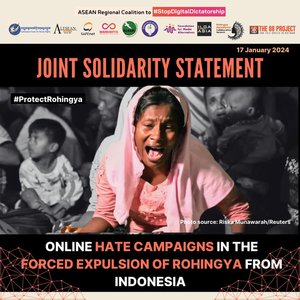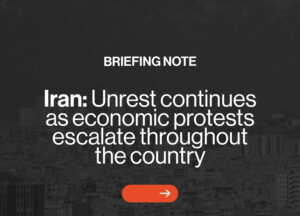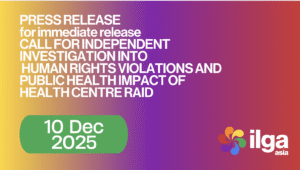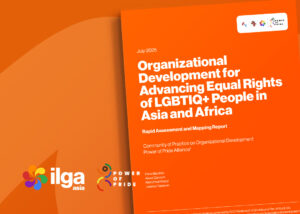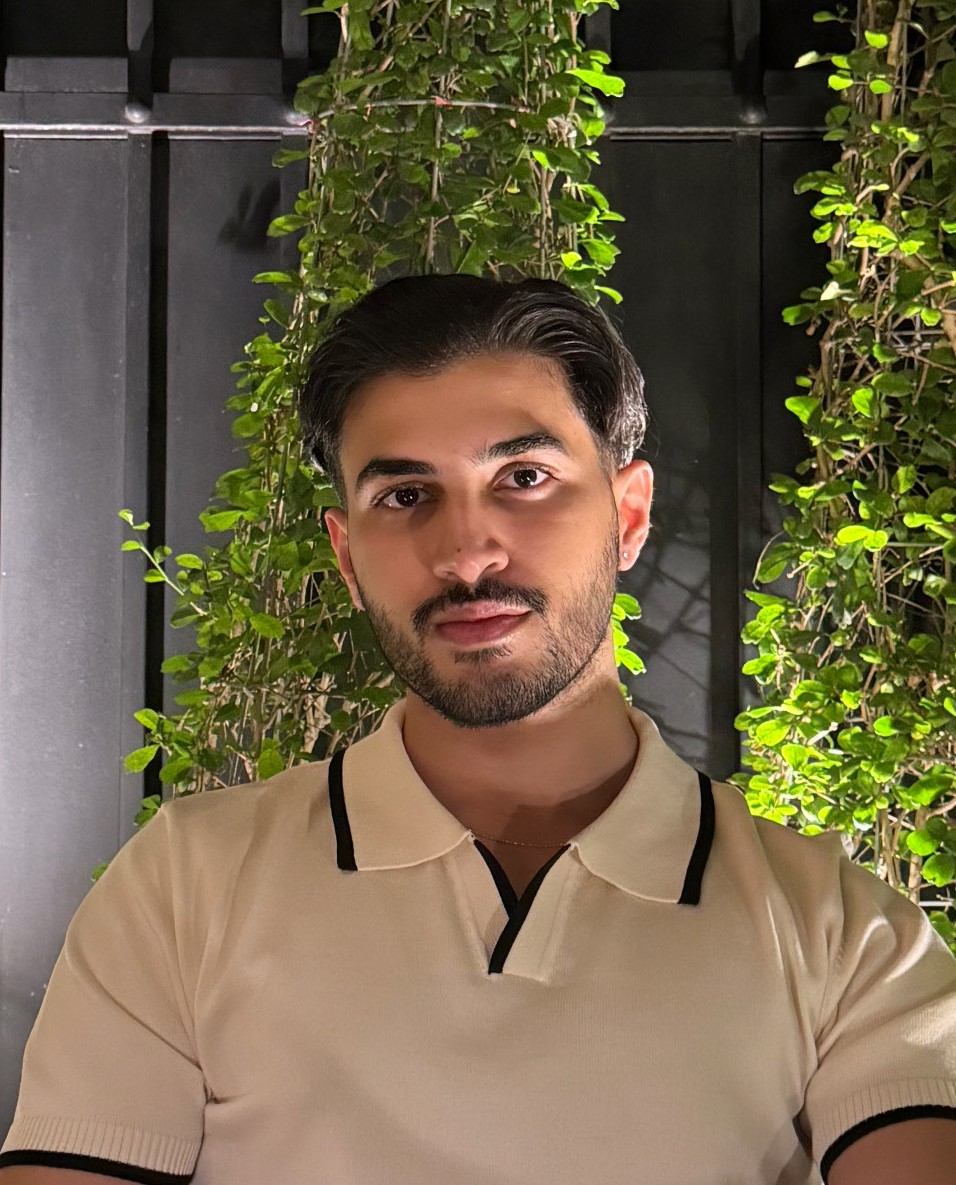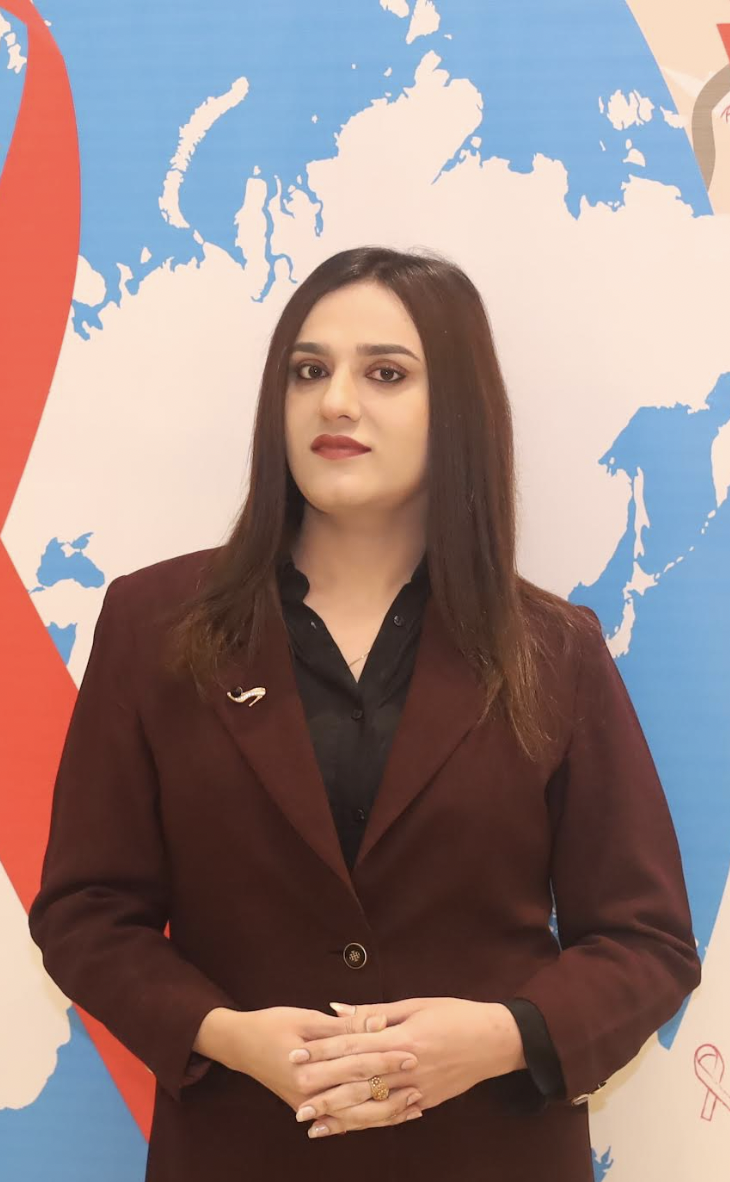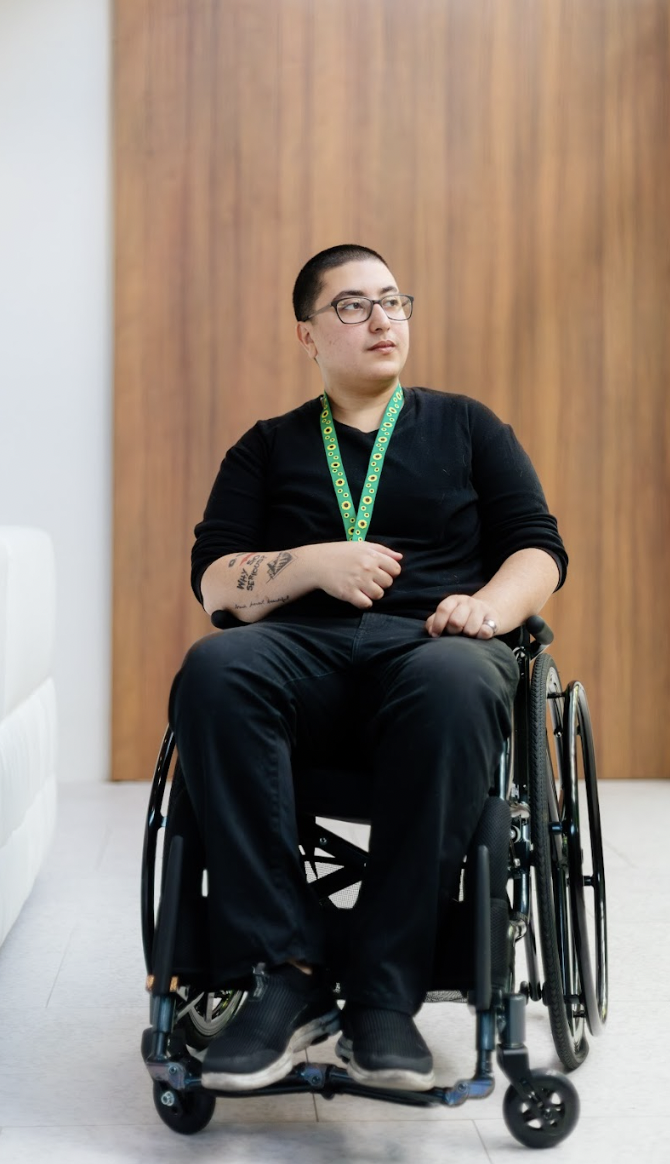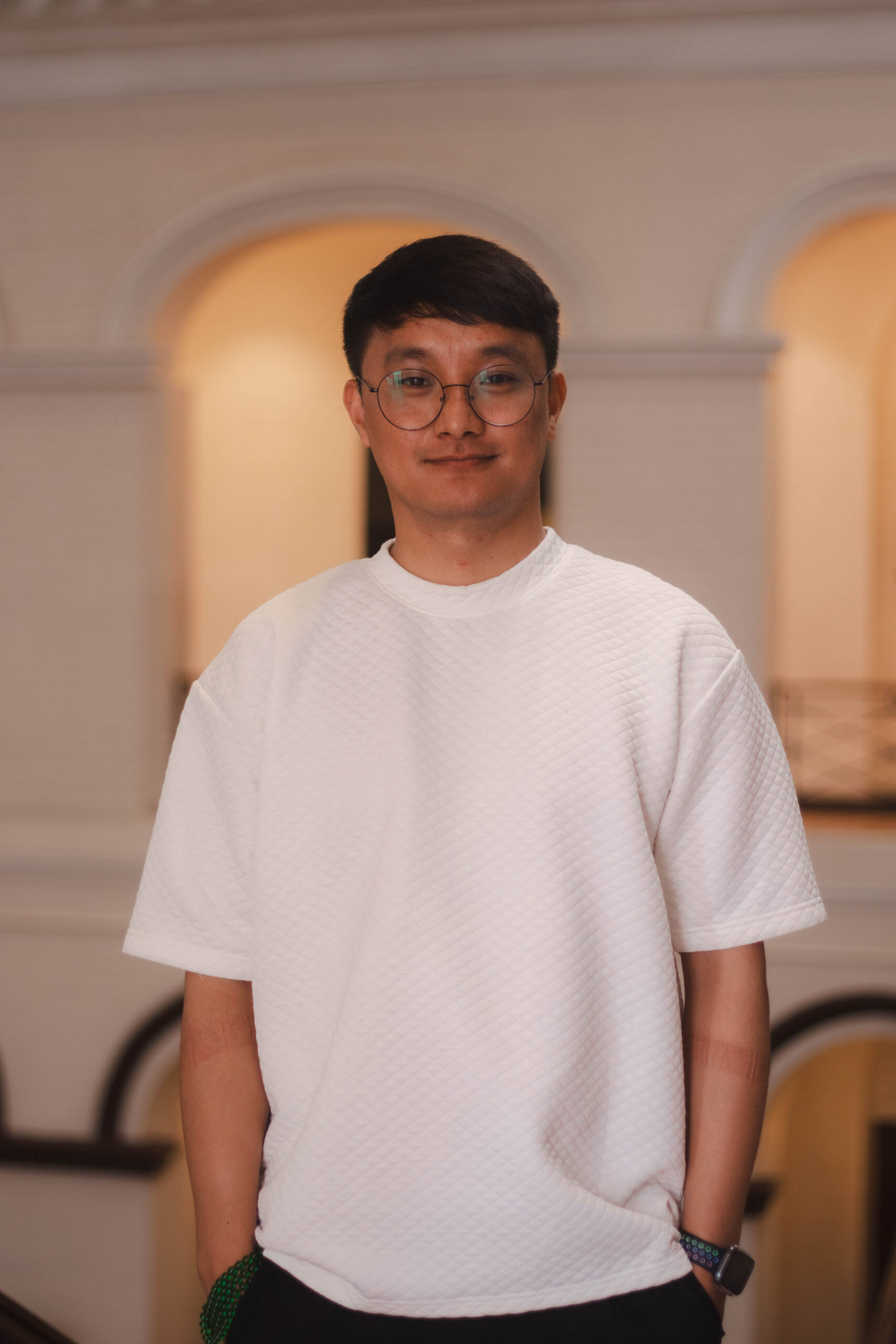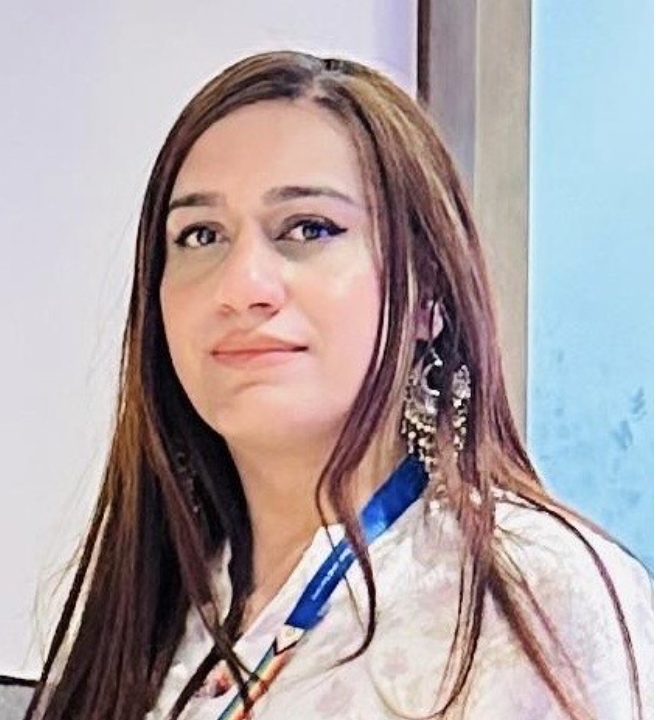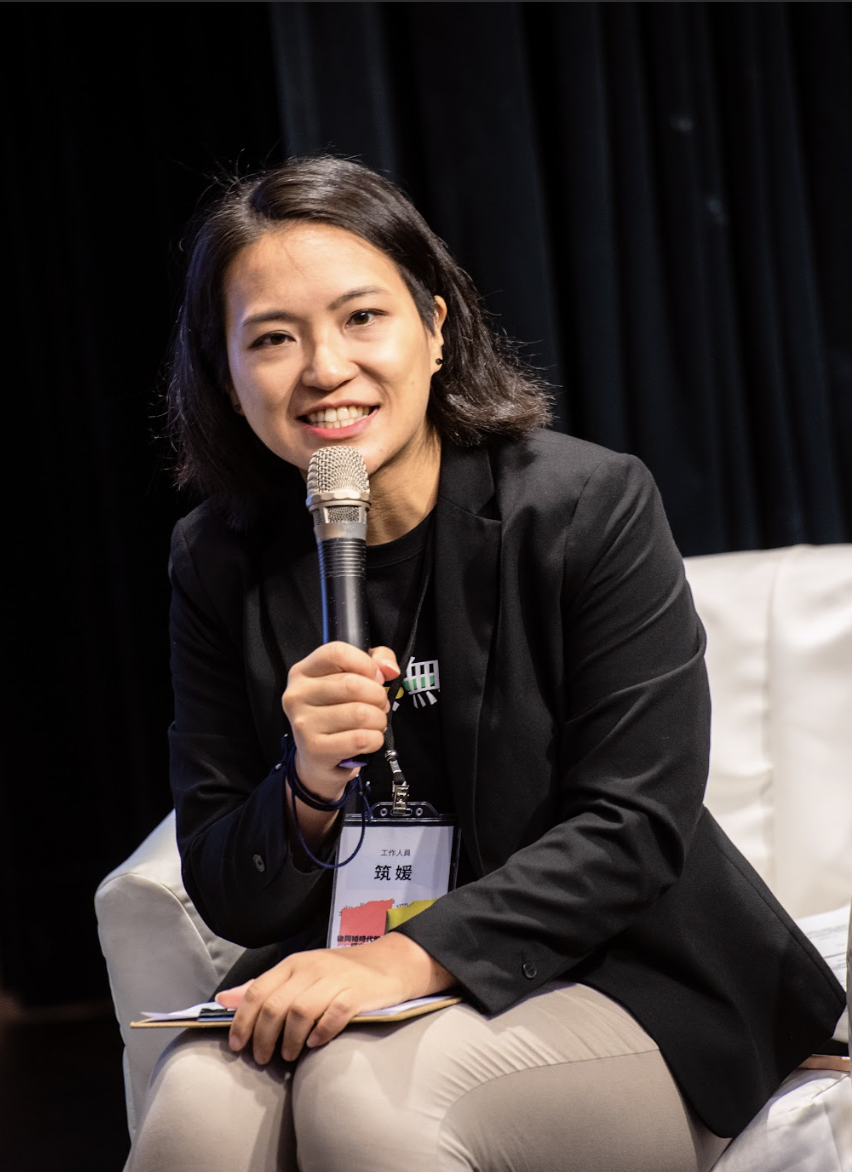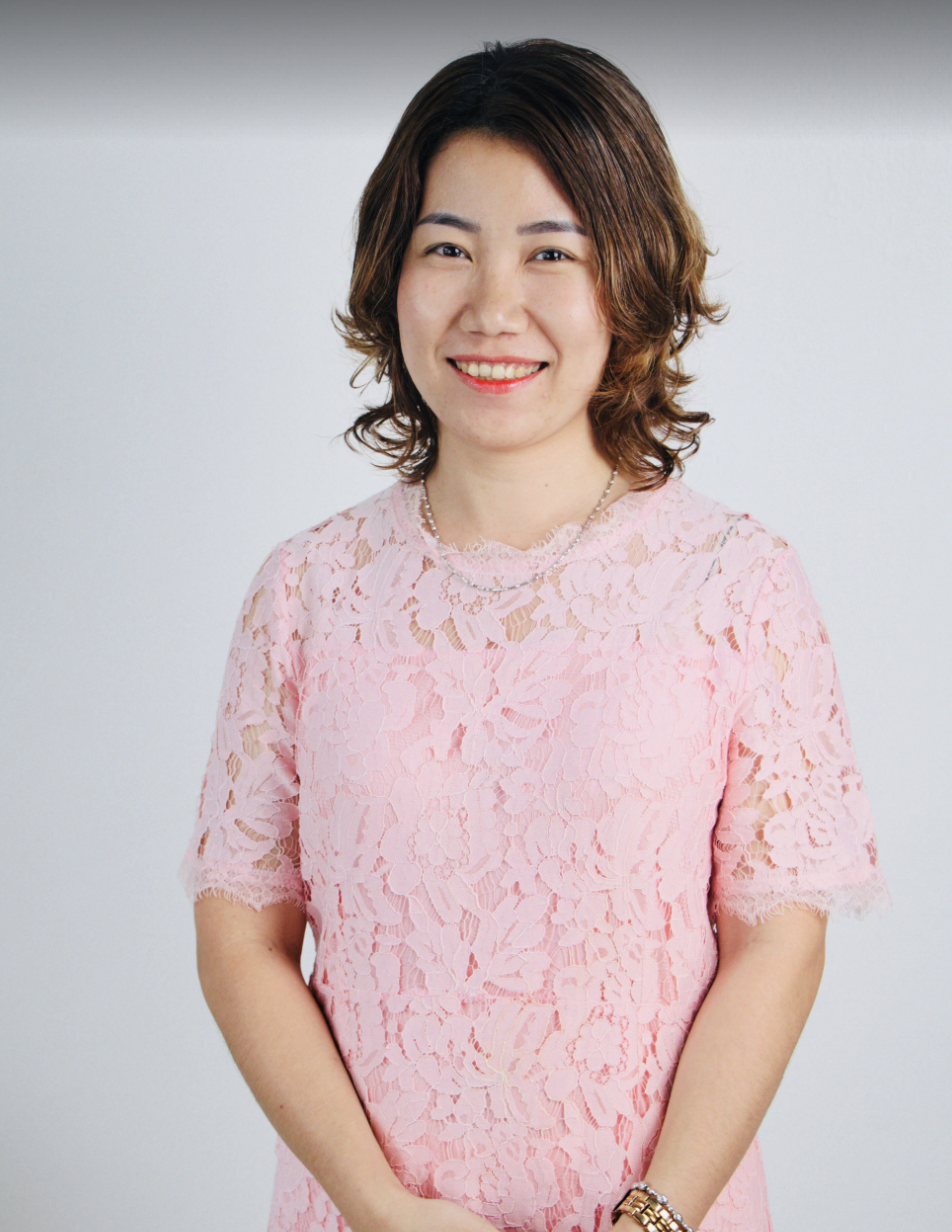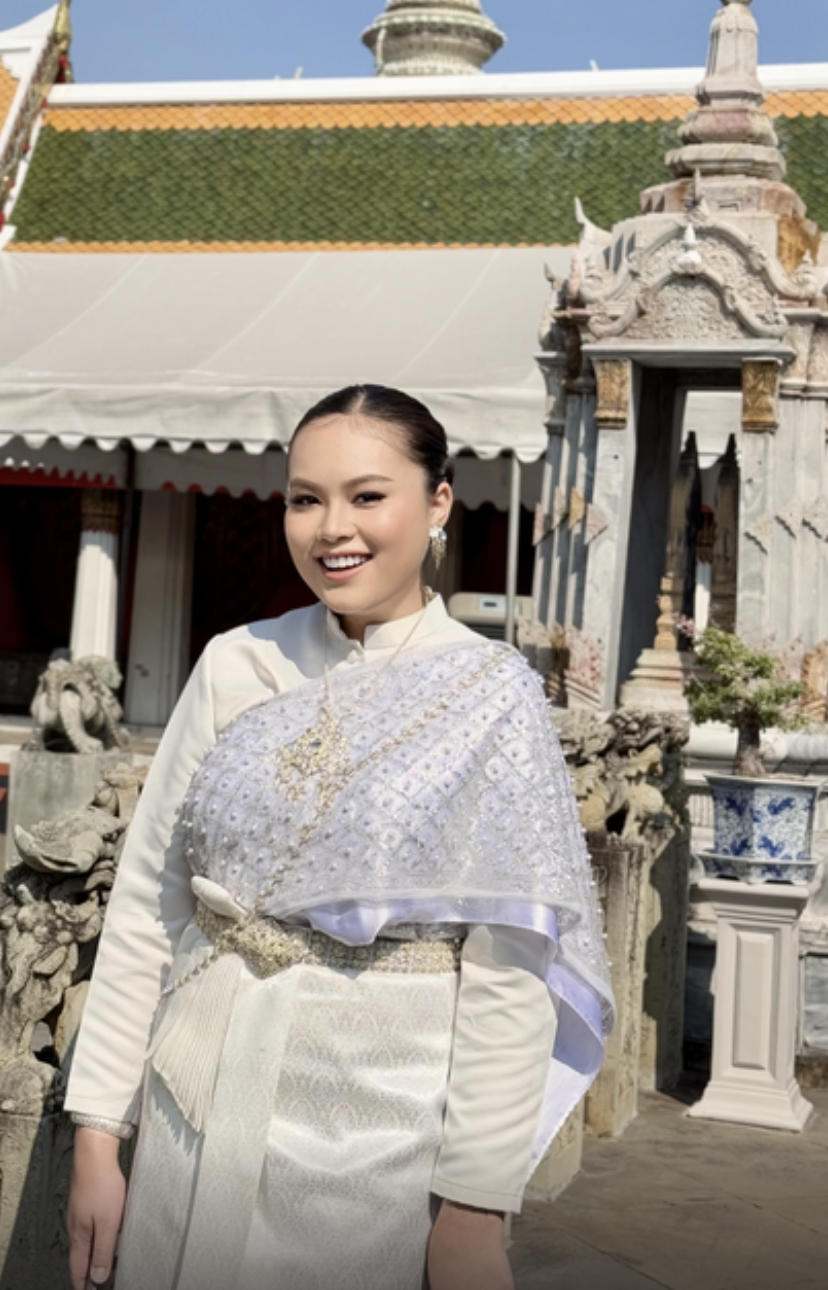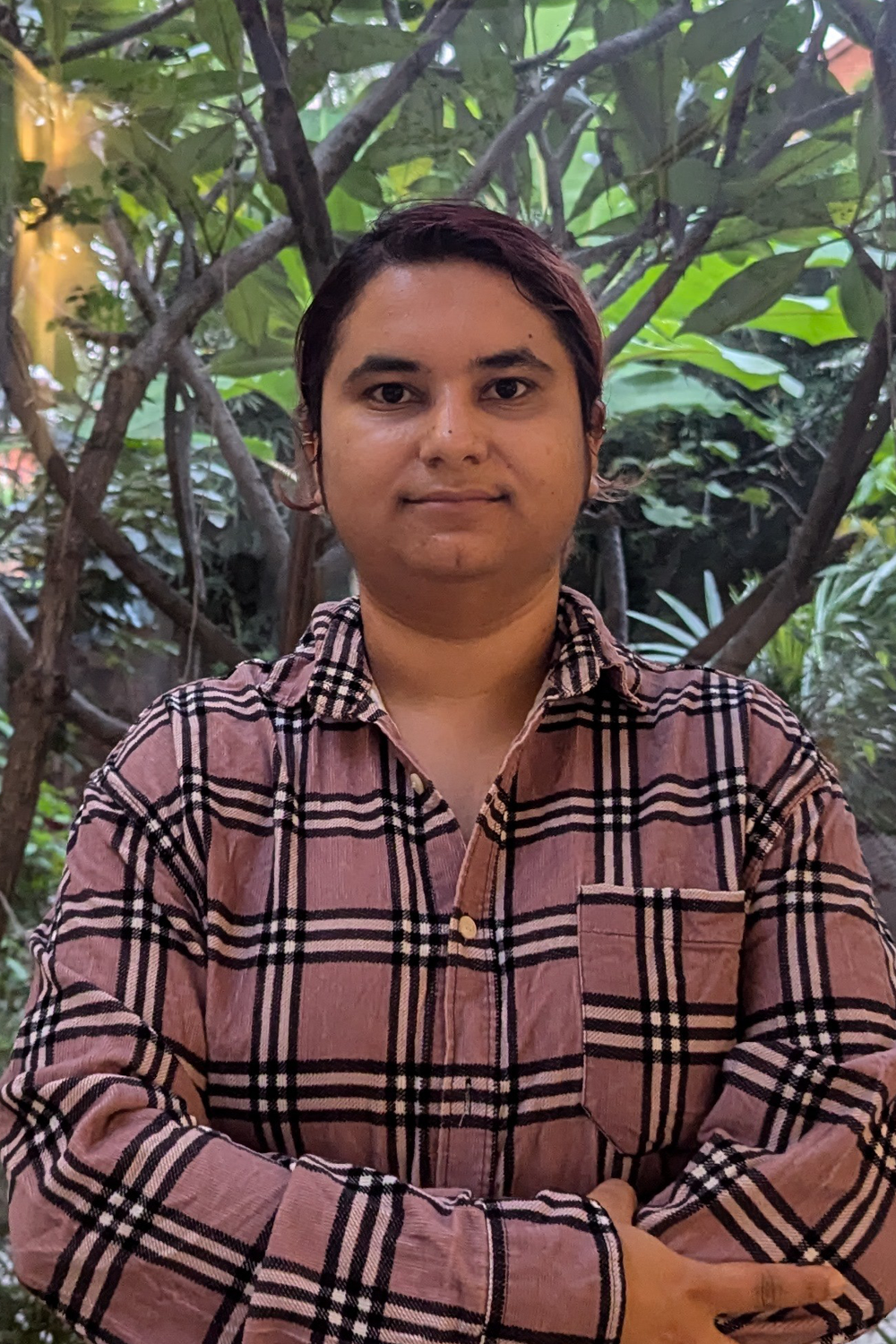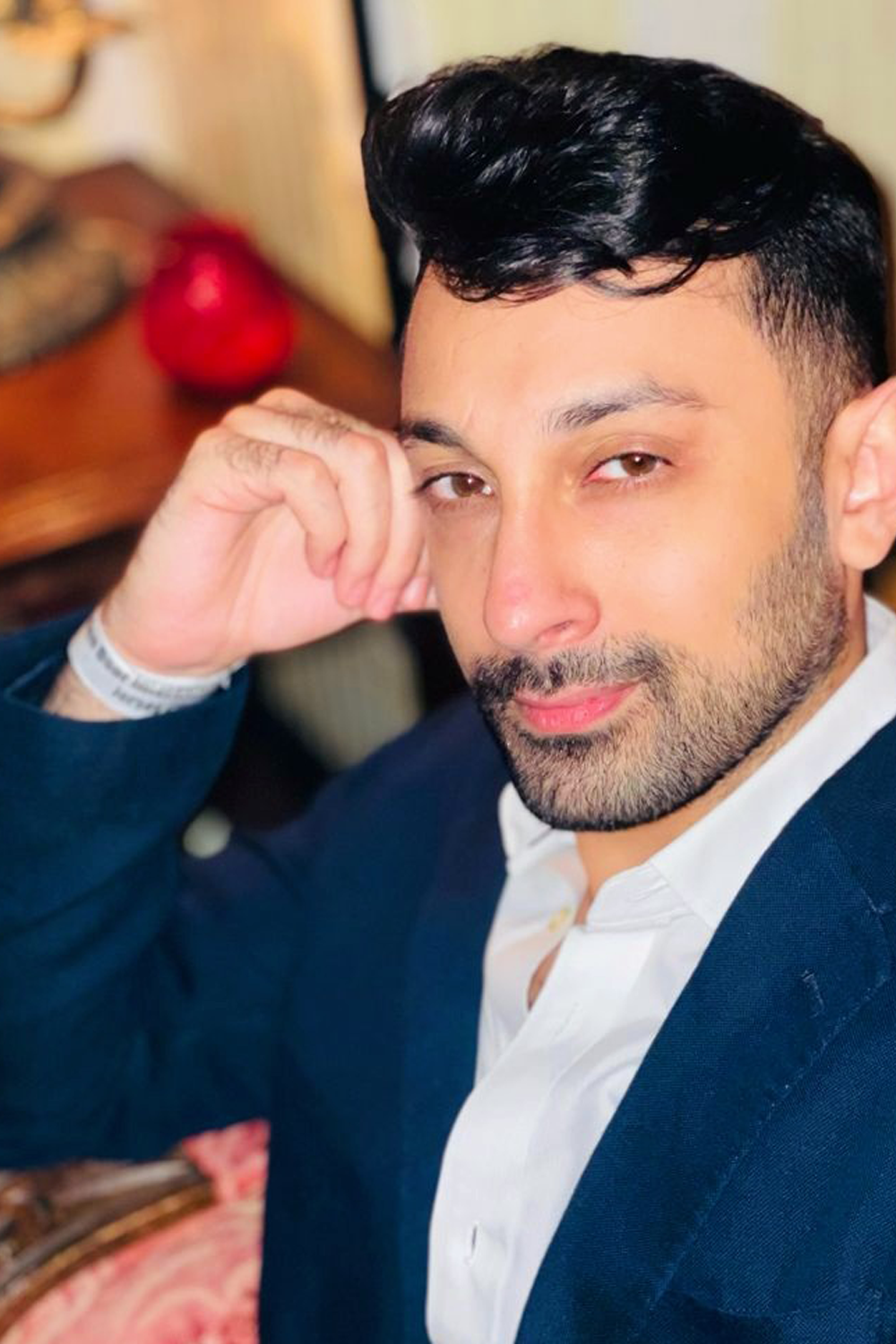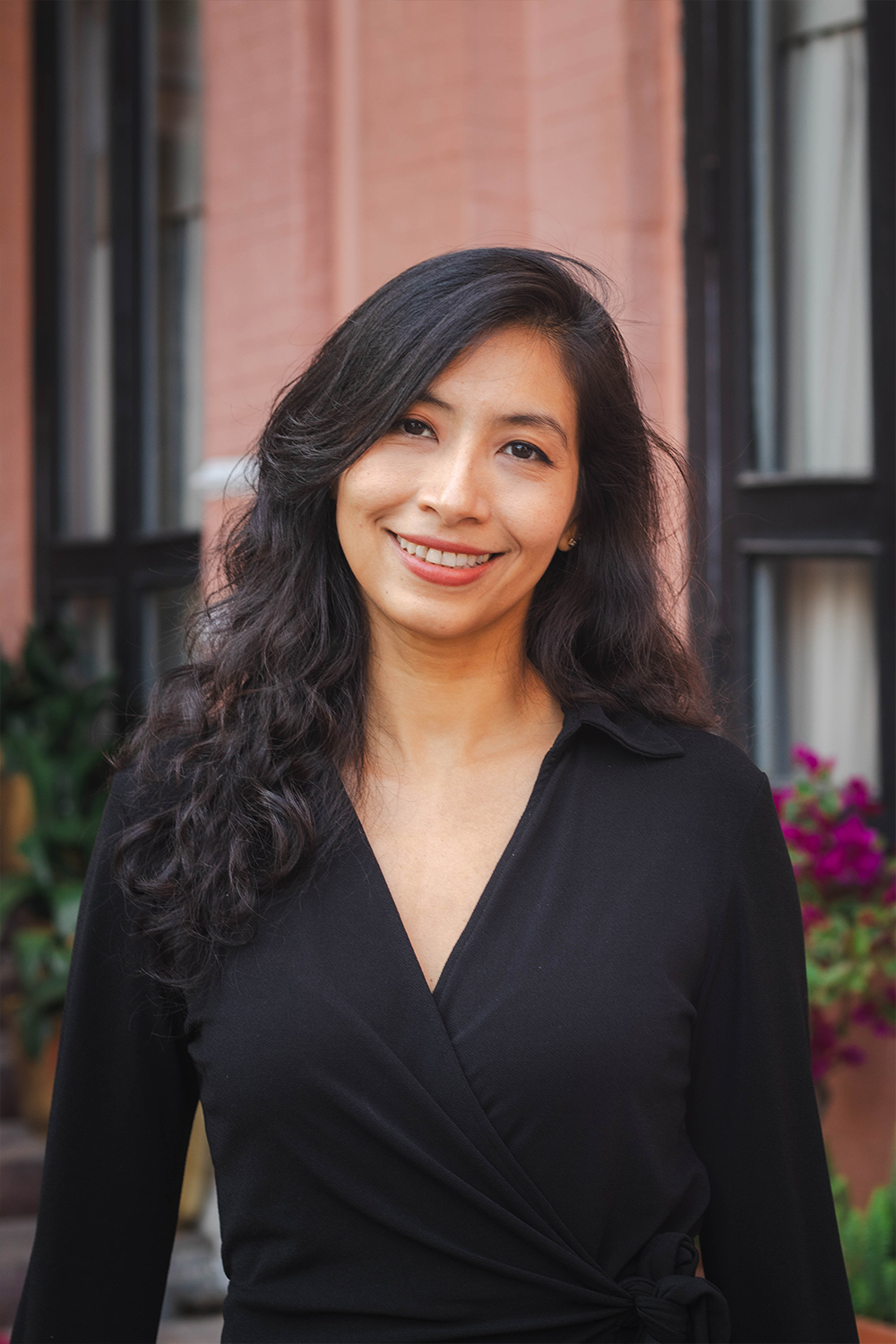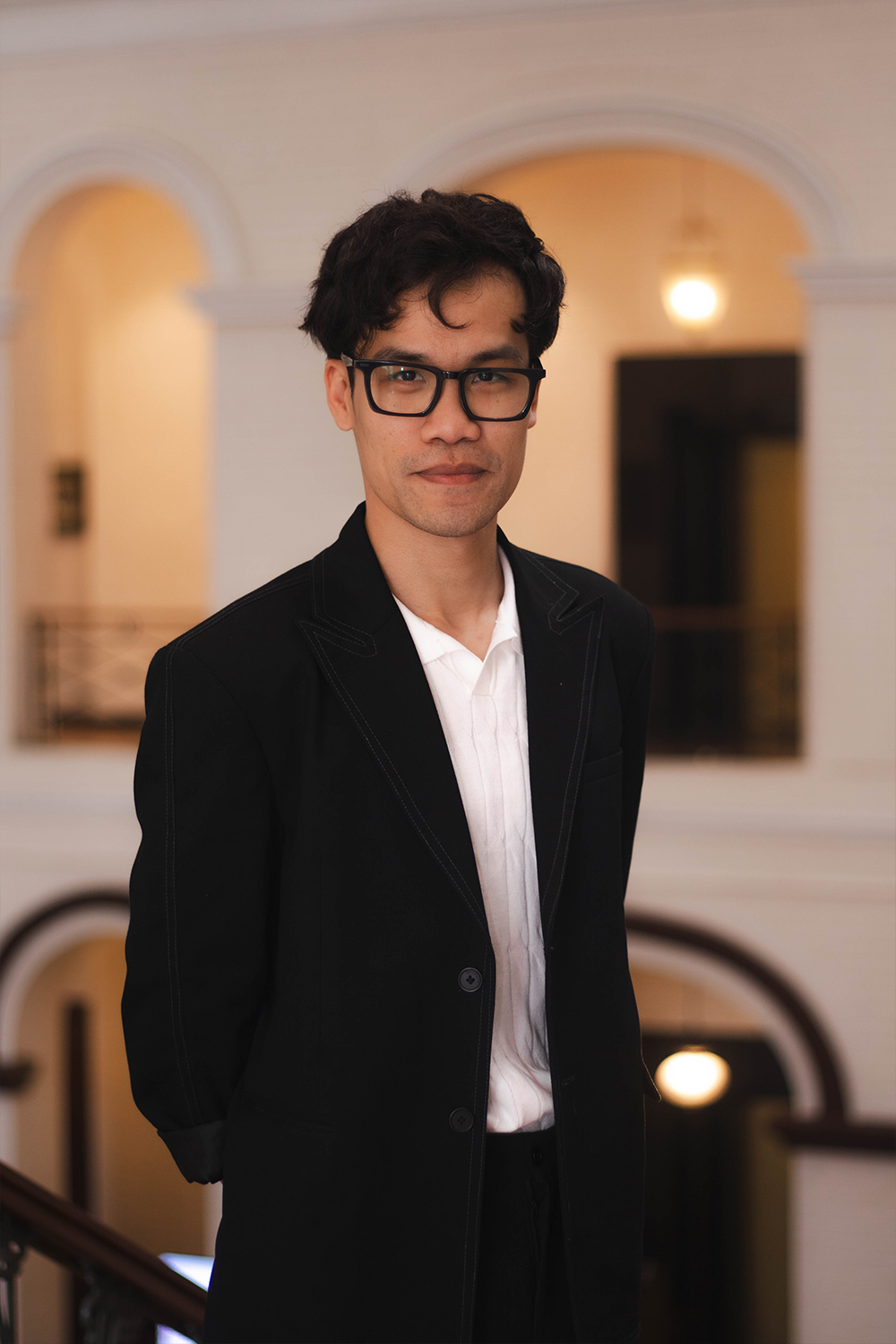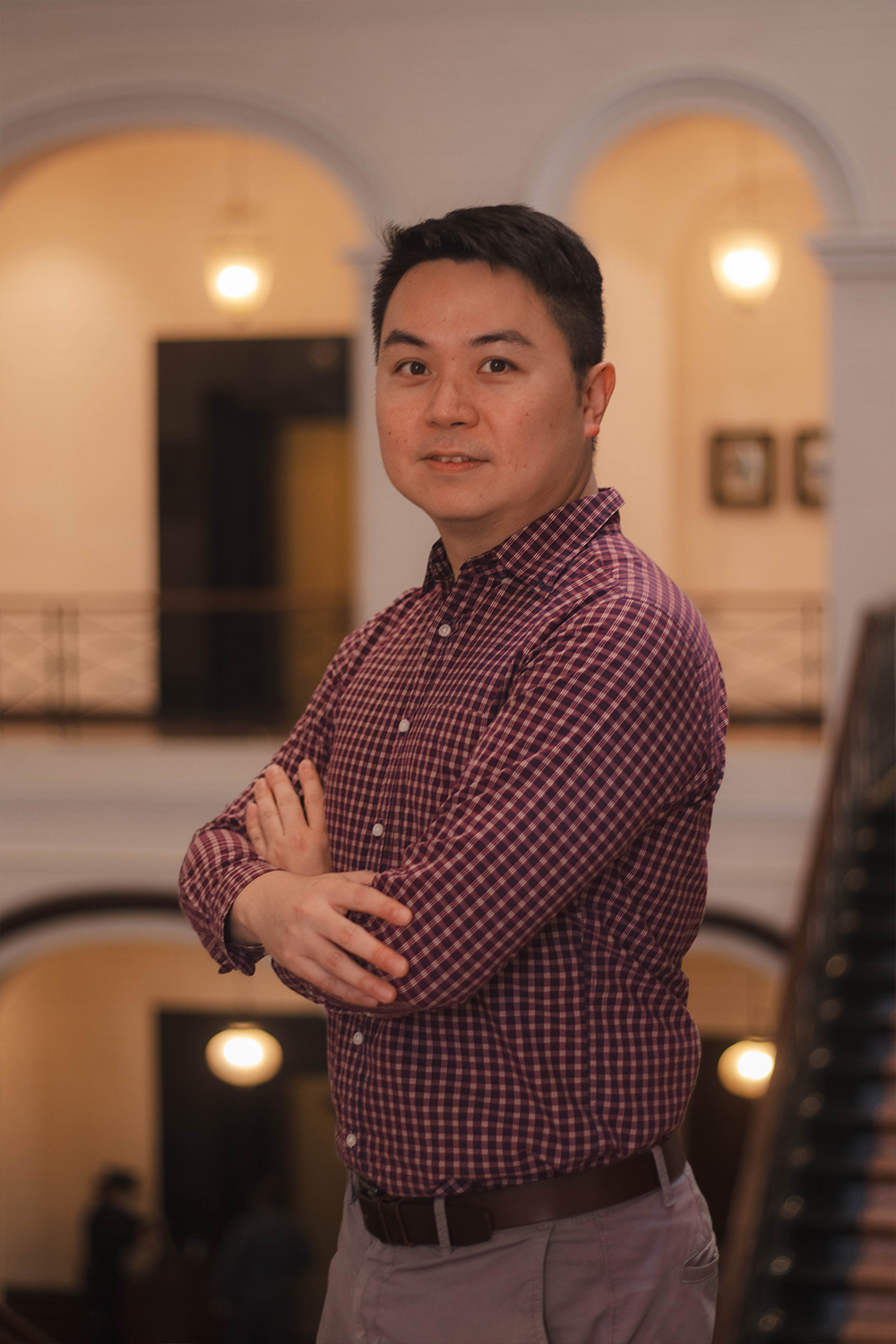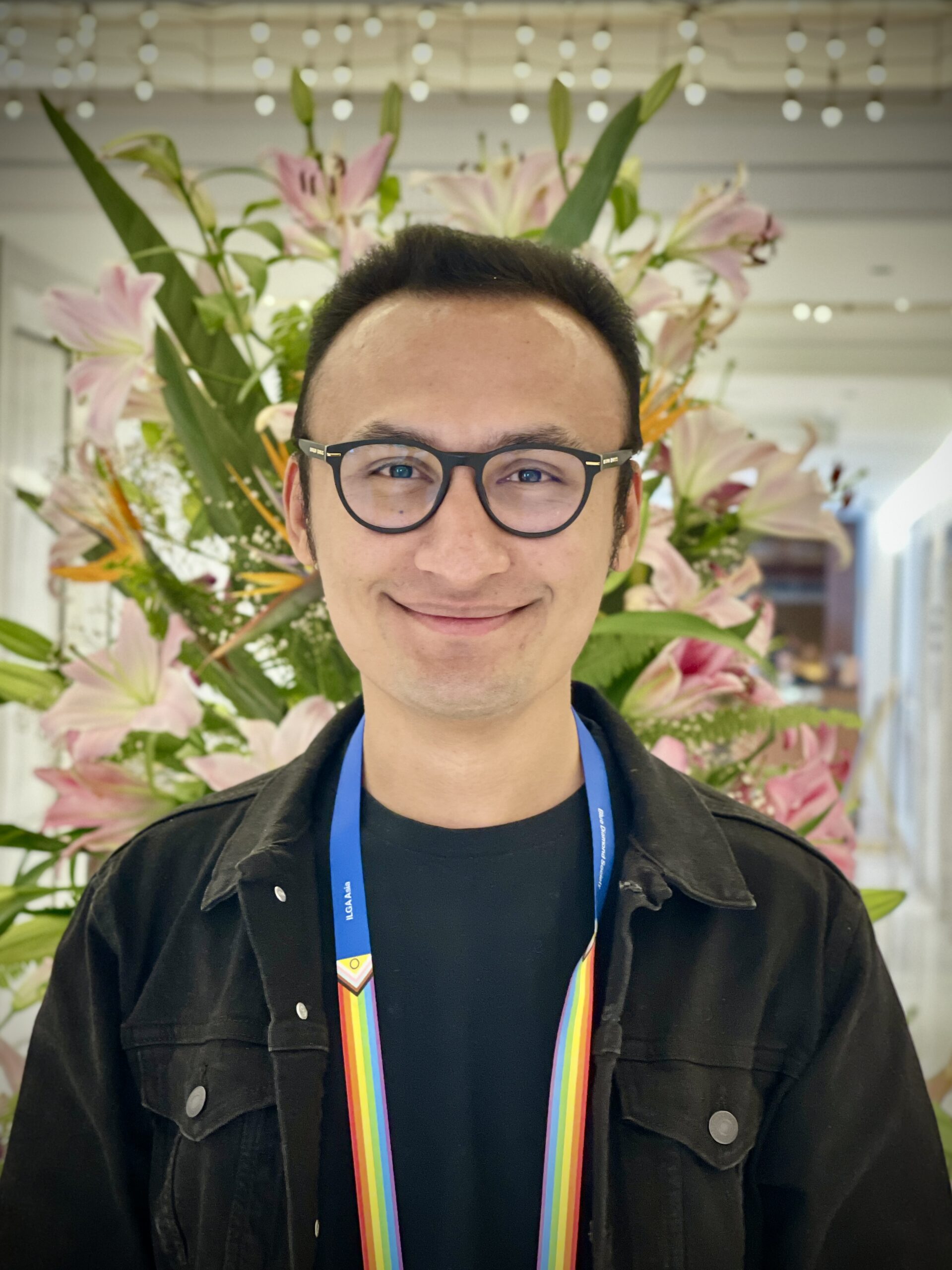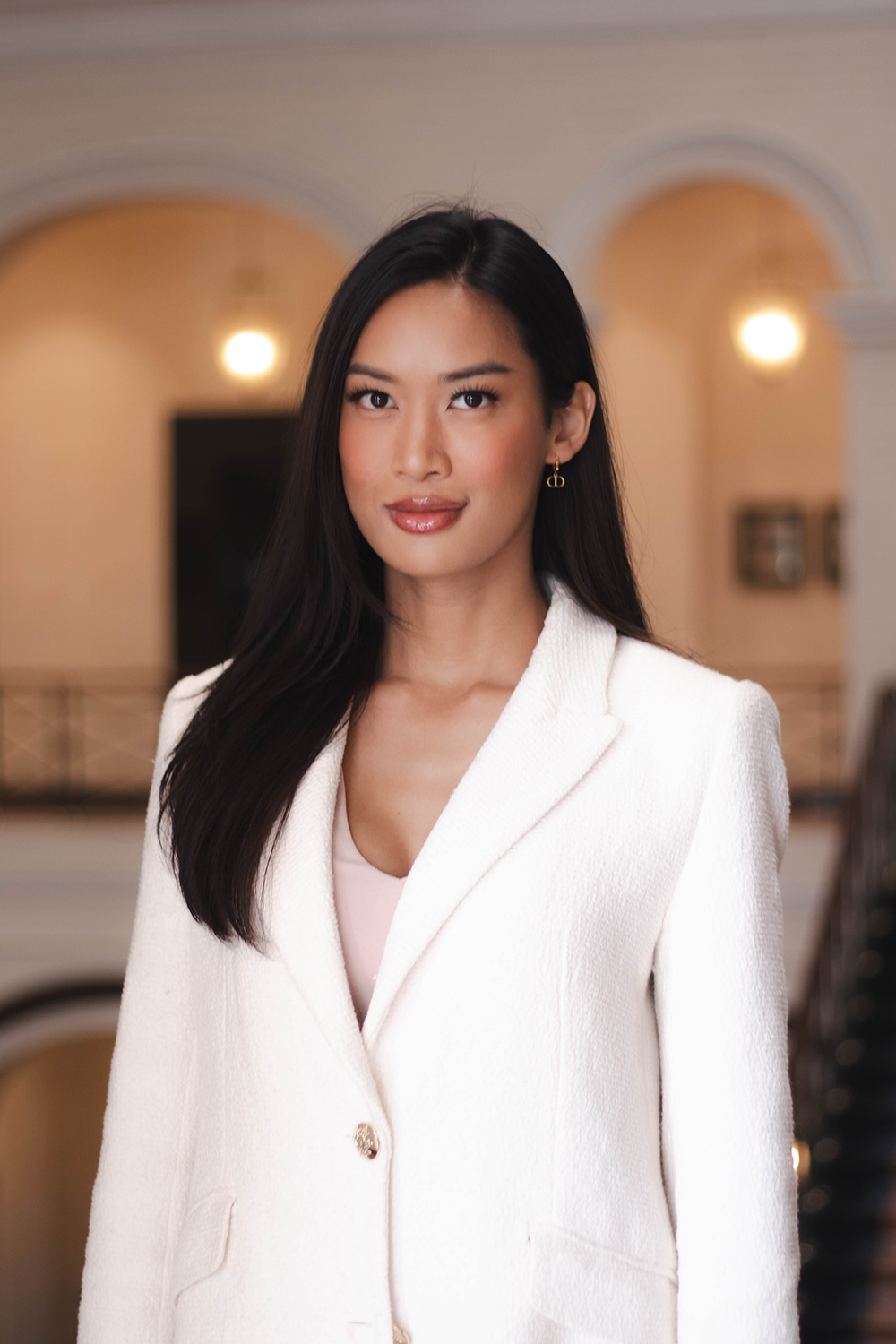January 17, 2024
We, Manushya Foundation, ALTSEAN-Burma, Cambodian Center for Human Rights, ELSAM, Foundation for Media Alternatives, ILGA Asia, Rohingya Maìyafuìnor Collaborative Network, SAFEnet, The 88 Project, and Women’s Peace Network, as the ASEAN Regional Coalition to #StopDigitalDictatorship, stand in solidarity with all Rohingya refugees. We call on the Indonesian Government to fulfill their international and domestic obligations by actively protecting Rohingya refugees who are currently seeking shelter and protection in Aceh, such as in Sabang, Pidie, Bireuen, and other regions of Indonesia. The need for their protection has heightened, now more than ever, particularly after the protests and targeted attacks of Wednesday, 27 December 2023 at a Rohingya shelter, staged by a small mob of Acehnese students.
The Indonesian Government’s domestic obligations are outlined in the national law instrument Perpres (Presidential Regulation) No 125/2016 concerning the Handling of Refugees from Abroad. This Presidential Decree 125 comprehensively regulates the division of roles and responsibilities between the central and regional governments. It utilizes funding from international organizations such as the United Nations High Commissioner for Refugees (UNHCR) to deal with emergency conditions, including the ongoing situation.
While Indonesia is not a party to the 1951 Refugee Convention or its 1967 Protocol, it has a long tradition of granting access to, and hosting refugees. This aligns with the principles outlined in Article 14 of the Universal Declaration of Human Rights (UDHR), emphasizing the right of individuals to seek and experience asylum from persecution in foreign nations. Furthermore, Indonesia has also incorporated the principle of non-refoulement into its Human Rights Law, prohibiting the rejection or repatriation of any asylum-seeking individual requesting protection from the international community due to persecution in their country of origin. This commitment is also consistent with international legal instruments that have been ratified, such as the Convention Against Torture. We call on the Government to fulfill its obligations to uphold, respect, and protect the human rights of refugees, in accordance with the non-refoulement principle of international law.
In this context, we remind the Government that the influx of these refugees to Indonesia is directly traced to their decades-long and ongoing persecution in their home country, Myanmar, a significant part of which has been described as likely amounting to genocide according to the Independent International Fact-Finding on Myanmar, the Office of the High Commissioner for Human Rights, the Special Rapporteur on the situation of human rights in Myanmar, and many other international bodies and credible experts. Such persecution has intensified following the Burmese military’s attempted coup on February 1, 2021 and – as was reported by the Independent Investigative Mechanism for Myanmar, among other bodies – subsequent commission of war crimes and crimes against humanity of an intensifying degree and frequency. The safe, voluntary, sustainable, and dignified repatriation of Rohingya, as envisioned by Indonesia and ASEAN, thus cannot take place in Myanmar’s current conditions.
As was demonstrated in the years leading up to the 2017 attacks of genocide against the ethnic Rohingya in Rakhine State (Arakan), online disinformation, misinformation, and hate speech made against the Rohingya refugees in Indonesia, along with organized attacks made against the UN and UNHCR – risk contributing to the perpetuation of violence against the Rohingya people. This is evident through the systemic dissemination of content depicting Rohingya refugees in Indonesia in a negative light, for example, portraying them as disrespectful to their host country, or accusing them of wasting food aid. Harmful narratives also circulate, labeling Rohingya people as ‘illegal’ immigrants and that they are threats to local customs, regulations, and norms. These dehumanizing narratives are explicitly designed to incite anxiety and fear among local Acehnese people, fostering the belief that accepting Rohingya refugees will overwhelm and threaten Acehnese resources. It is worth noting that there are only 1,700 recorded Rohingya people in the Aceh province, a tiny portion of the population compared to the 5.4 million Acehnese.
We have analyzed that this situation arose as a result of a deliberate disinformation campaign. It must first be clarified that ‘disinformation’ and ‘misinformation’ are not the same. In a digitally connected world, the consequences of blurring the lines between misinformation and disinformation are staggering, impacting elections and fueling social unrest. In 2021, Irene Khan, the UN Special Rapporteur on Freedom of Expression, provided clear definitions of these notions that cannot be used interchangeably. She stated that disinformation is understood as “false information that is disseminated intentionally to cause serious social harm.” She then clarified that misinformation is the “dissemination of false information unknowingly.”
According to Sasmito, General Chairperson of Aliansi Jurnalis Independen (AJI) of Indonesia, the Indonesian Alliance of Independent Journalists, media coverage must prioritize refugee perspectives and contextualize their experiences. This should include reliable reporting about “the violence” the Rohingya people experienced in their origin country of Myanmar, to clarify “the conditions” that forced the Rohingya people out, and to demonstrate why regional governments have a responsibility to urgently handle refugee-related affairs.
Big Tech corporations responsible for online platforms that foster acts of hate speech and disinformation against Rohingya refugees must also take accountability for this issue, and commit to complying with the United Nations Guiding Principles on Business and Human Rights (UNGPs), particularly regarding the frameworks on corporate responsibility concerning respect for human rights. The UN received 17,380 comments on its official Instagram account, @UNinIndonesia, since November 21, 2023, specifically on four posts related to Rohingya. The UN assessed that 91 percent of these comments could be classified as ‘hate comments.’ Moreover, the UNHCR itself has also become the target of what it has called an “orchestrated” disinformation campaign on social media platforms such as TikTok and Instagram, referring to the emergence of social media accounts spreading anti-Rohingya rhetoric, all while falsely claiming to be UN-affiliated. TikTok made a statement that accounts impersonating UNHCR Indonesia “will be removed;” in response to a request for comment made by This Week in Asia, while Meta did not immediately respond.
The right to freedom of expression enshrined in Article 19 of the International Covenant on Civil and Political Rights (ICCPR) protects information and ideas regardless of their veracity, insofar as they follow conditions that may be interpreted as not threatening the safety, security, rights, reputation, health, or morals of other humans. Regarding the topic of the Rohingya people, it is crucial to maintain freedom of expression, while adhering to the article’s third subclause. As a party to the ICCPR, and as a democratic nation, Indonesia must uphold this freedom of expression while respecting the rights of refugees, such as the Rohingya refugees. Refugee rights are human rights. Navigating this balance fosters an environment where diverse opinions can coexist, without compromising the well-being and rights of vulnerable groups. This approach ensures that democratic values align with broader human rights principles, with a primary focus on prioritizing the protection and dignity of refugees. In this context, as an existing and a 2024-2026 term elected member of the UN Human Rights Council, Indonesia must uphold its obligations regarding international human rights.
If unaddressed, the disinformation campaign will further compromise Indonesia’s democracy. In this intricate electoral environment, disinformation campaigns have become dangerous tools to manipulate public opinion. Husen Asyhari, a representative of LPTI Pelataran Mataram, a Yogyakarta-based research institute, underscores a discernible campaign to influence voters by disseminating targeted disinformation. The situation is further compounded by the involvement of historically anti-democratic groups. Their participation in spreading false information introduces a worrisome dimension to the electoral process, emphasizing the imperative for vigilance and counteractive measures to preserve the integrity of the democratic system. The deliberate spread of false narratives targeting vulnerable groups, such as Rohingya refugees, has added a new layer of complexity. While these disinformation efforts are not confined to the electoral sphere, they intersect with the broader issue of protecting the rights and dignity of refugees within Indonesia.
The Indonesian Anti-Defamation Society (Mafindo), which supplied data on the surge of hoax content in 2023 compared to 2019, conducted research to quantify the volume and nature of fabricated material disseminated online last year. Mafindo reported the identification of 2,178 instances of hoax content from January 1 to December 22, with 53% of that content being linked to political disinformation. Considering this, the Indonesian Government should enhance the monitoring of social media platforms to detect and counter disinformation.
We are also concerned that, if unaddressed, the disinformation campaign will bring further waves of targeted attacks – and possible atrocities – against Rohingya refugees in Indonesia and across the South and Southeast Asian region. As demonstrated by the UN’s Independent International Fact-Finding Mission on Myanmar and other key international actors, and as demonstrated by the 2012 wave of violence in Rakhine State (Arakan), online hate speech and disinformation against Rohingya people were key contributing factors to the waves of targeted attacks against the ethnic minority group. Undeniably, the lack of adequate regulation of such a hostile, violent online environment at least in part enabled the 2017 genocide against the Rohingya people and their forced displacement to Myanmar’s neighboring countries. In the context of the targeted attacks in Aceh, we also note that the Malaysian Community Care Foundation also called for the government to deport Rohingya refugees following reports of a human trafficking cartel involving some of them and Malaysians.
Therefore, we call upon the Indonesian government to uphold its responsibility in ensuring the non-refoulement principle, while recognizing the universal human right to freedom of opinion and expression. This entails employing all essential measures to safeguard these rights, including ensuring a safe space for every human. Further, addressing this situation goes beyond governmental responsibility; it also involves holding Big Tech corporations accountable for their role in exacerbating propaganda through a lack of transparency and responsiveness. These corporations’ structures, which often prioritize ‘profit over people,’ are complicit in various human rights violations. In a well-functioning democracy, limitations imposed on the exercise of these rights must align with established universal human rights standards.
In light of these concerns, the ASEAN Regional Coalition to #StopDigitalDictatorship calls on the Indonesian government, as responsible ASEAN leaders, to lead the region and the world by example in all matters relating to development. Human rights law is an essential factor contributing to national development and must be prioritized. The coalition urges the following steps:
- The Indonesian government and other state authorities to take effective measures to guarantee the safety and protection of Rohingya refugees in diverse regions in Indonesia
- Big tech platforms to be accountable and transparent concerning these hate campaigns and to comply with their obligations to respect human rights and establish effective grievance mechanisms as stipulated in the United Nations Guiding Principles on Business and Human Rights.
- Regional institutions, INGOs and activists to strengthen collaborative efforts to combat disinformation, particularly during electoral periods, by raising awareness, and implementing measures to identify and counter false narratives and disinformation
Furthermore, we remind the regional and global community the ways in which hate speech and disinformation campaigns may be key enablers of the commission and the recurrence of atrocity crimes. For the protection of all Rohingya refugees, atrocity prevention measures must be implemented as seamlessly and urgently as possible. It is not only important for governments to effectively handle atrocities when they do happen, but also to preemptively avoid atrocities from happening in the first place. Indonesia is no exception to this rule.
For more information about joining our regional campaign to #StopDigitalDictatorship in Southeast Asia, and to support our work to restore digital democracy in the region, access our online campaign at: https://www.manushyafoundation.org/stop-digital-dictatorship-campaign
For media enquiries, please contact:
- Wai Wai Nu, Founder & Executive Director, Women Peace Network: [email protected]
- Yasmin Ullah, Director, Rohingya Maìyafuìnor Collaborative Network: [email protected]
- Ni Putu Candra Dewi, Advocacy and Campaign Associate Democracy and Digital Rights, Manushya Foundation: [email protected]
